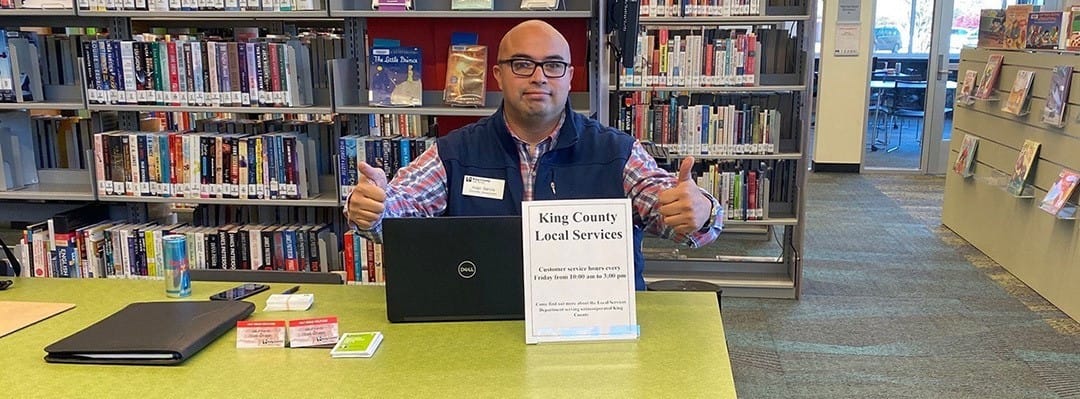
Editorial published with permissions by John L. White, long-time Burien resident
[EDITORS NOTE: We have reached out to Hugo Garcia for comment and an invitation for him to come and have a sit-down debate to tell his side of the story. As of this publishing, he has not responded to any of our emails.]
DESC did not land in Burien by accident. It was the product of political maneuvering, backroom deals, and a well-connected network determined to plant the model outside Seattle — no matter the cost to the host city.
At the center of it was King County Executive Dow Constantine, who wanted DESC facilities spread into other municipalities. The reasoning was clear: Seattle had carried the burden long enough, and spreading DESC outward would make it a “regional” issue. But there was one problem — every other city said no.
Cities from Renton to Kent to Federal Way rejected the idea. Leaders recognized what DESC had become in Seattle — a magnet for crime, addiction, and police calls. They weren’t willing to repeat that mistake in their own communities.
But in Burien, Dow Constantine found an ally. Hugo Garcia, once the chair of the Burien Planning Commission, was elevated into a position of influence as a City Council member. More than just a local politician, Garcia became an agent for Constantine’s vision. And when the time came, he delivered.
Dow created a county-level job for Garcia, as an Economic Development Program Manager for King County Local Services, cementing the professional relationship. Soon after, Burien became the first city outside of Seattle to host a DESC. The people of Burien were never truly given a choice. It wasn’t the community driving the decision — it was politics. It was loyalty being rewarded, a favor being cashed.
[Related story: Hugo Garcia leaves King County]
For many residents, the betrayal cut deep. They had trusted that local leaders would prioritize the safety and wellbeing of their city. Instead, the decision was imposed from above. Burien was chosen not because it was ready or willing, but because it had the right connections to make it happen.
The result is plain today: a facility that has brought chaos to its community, disruption to local businesses, and fear into the heart of the city that drives people to not feel comfortable to use local transit and walk the streets near the building. And behind it, all stands a paper trail of political deals that valued influence over outcomes, loyalty over honesty, and personal advancement over community trust.
Stay Tuned for the next installment of the Series: Chapter 5: DESC: Follow the Money, Who Wins and Who Loses
To Read the First Installments,
Chapter 1: The Lie
Chapter 2: The Stagnant Holding Cell
Chapter 3: Dealing with Drug Dealers
Highline Journal Comment Guidelines
We believe thoughtful conversation helps communities flourish. We welcome respectful, on-topic comments that engage ideas, not individuals. Personal attacks, harassment, hateful comments, directed profanity, false claims, spam, or sharing private information aren't allowed. Comments aren't edited and may be removed if they violate these guidelines.